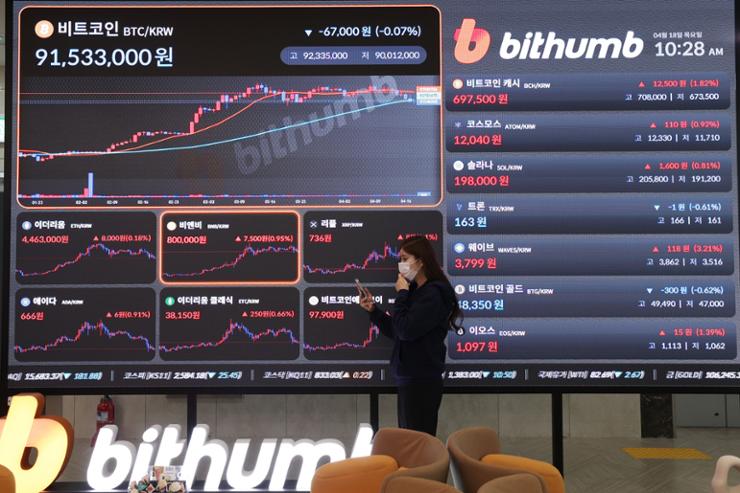Unlike their US counterparts, South Korean financial regulators hesitate to allow cryptocurrency trading in traditional securities markets. However, recent developments in the US have increased pressure on South Korea’s Financial Services Commission (FSC) and Financial Supervisory Service (FSS) to reconsider their stance. The US Securities and Exchange Commission (SEC) recently approved spot Ethereum ETFs after approving spot Bitcoin ETFs in January 2024, signaling a significant shift in the acceptance of cryptocurrencies in traditional finance and increasing pressure on South Korean regulators.
SEC’s Influence on South Korean Regulators
The SEC’s recent decision to greenlight spot Ethereum ETFs is expected to significantly impact South Korean regulators. According to local reports, financial authorities in Seoul are under serious pressure to approve similar financial instruments. The approval of these ETFs in the US represents a critical step in bridging the gap between traditional finance and the cryptocurrency market, making it easier for investors to invest in cryptocurrencies through regulated financial products.

So far, the South Korean FSC and FSS have taken a cautious approach to initiating cryptocurrency trading in traditional securities markets. According to the FSC, ETFs must comply with the Capital Markets Act, which requires them to be linked to traditional underlying assets such as established financial instruments, securities, international currencies, and commodities.
This conservative stance has so far prevented cryptocurrencies like Bitcoin and Ethereum from being included in the traditional financial ecosystem.
Calls for Regulatory Reform
Meanwhile, calls for regulatory reform to adapt to recent developments in the cryptocurrency world are increasing in South Korea. Xangle, a leading Seoul-based cryptocurrency data provider, criticized the current ban on cryptocurrencies in the traditional securities market as outdated. Xangle argues that regulations should be revised to reflect the growing importance of cryptocurrencies in modern finance.
Similarly, Jung Eui-jung, President of the South Korean Shareholders Association, emphasized that South Korea should approve spot Bitcoin and Ethereum ETFs to align with developments in the US, preventing investor frustration and potential capital flight to US markets.
Jung warned that continued hesitation by South Korean regulators could have significant consequences. As the US progresses in integrating cryptocurrencies into traditional finance, South Korea’s delay could lead investors to shift their funds to more accommodating markets like the US. According to him, this shift could result in capital loss for South Korean markets and reduced opportunities for local investors.
Jung stressed that it is only a matter of time before the US fully embraces a wider range of cryptocurrencies, putting more pressure on South Korean regulators to take action.

 Türkçe
Türkçe Español
Español








